Dear FCC and airlines: Please do not let me make phone calls on a plane
This article may contain personal views and opinion from the author.

With the news that the FCC is considering lifting the ban on cell phone use in-flight came a rather strong response from consumers (thus you can derive the direction that conversation has taken since then). On the official FCC blog, acting chief of the Wireless Telecommunications Bureau, Roger Sherman wrote an empathetic message to fend off the wolves that have been barking at the FCC since it was reported we might be subject to a loud, annoying, one-sided phone conversations.
It's not just a technical problem
With all the technological advances over the years, commercial air-to-ground communication has never really taken off. The main reason is cost. No one is very keen on paying $5 to $10 per minute for a phone call. Those are not just arbitrary fees either, maintaining a circuit switched call from 30,000+ feet, to ground stations that must hand off not only the signal, but also hand-off the back-haul trunks that carry the call, is expensive and requires dedicated facilities to manage such traffic.
WHAT??!! SAY THAT AGAIN! HUH??!! LET ME CALL YOU RIGHT BACK TO GET A BETTER CONNECTION!! - That is pretty much what phone conversations sound like on a plane
Data is where it is at
Where we are seeing progress however is in data. Data is immeasurably easier than voice in air-to-ground because it is IP based. You do not need “always-on” circuits to carry the connection. If something drops out, the client sends it again if needed. Packet loss is flexible, how many times have you not fully populated a web-page? It could be long server response, or just part of the package got dropped.
Gogo in-flight internet has provided some decent packages for fliers of all types, internet that can be used as long as that aircraft has the on-board Wi-Fi to take advantage of the service. Frequent fliers that are production power-houses can get unlimited access for only $50 per month. That does not sound like a lot, but you might need to be on a plane using the internet at least 10 hours a week to make it worthwhile. Could such people also make a business case to have access to voice services? Perhaps, but if you are on a plane and have access to the internet, in an age of smartphones, laptops and instant messaging, there is little that cannot be accomplished without a voice call.
Conversations on a plane are simply loud
I am not a power traveler, in the business sense. I am not on the road and in the air every week, but I do travel several times a year, mostly transcontinental flights in the US. Many times, I have been happy to meet people on the plane and strike up a conversation about whatever happens to be the news of the day. As quiet as planes have gotten, it is still pretty loud. Simple two-way conversations between passengers have a fairly high-volume.
Imagine that one-sided conversation phone call in the seat next to you, “WHAT??!! SAY THAT AGAIN! CAN YOU HEAR ME NOW??!! OF COURSE I DO!! CAN YOU PICK ME UP??!! WHAT??!! SAY THAT AGAIN! HUH??!! LET ME CALL YOU RIGHT BACK TO GET A BETTER CONNECTION!!” Ugh. That is what it sounded like back in the days of GTE Airfone. Technical issues aside, loud conversations, whether on a cell phone or not is simply annoying.
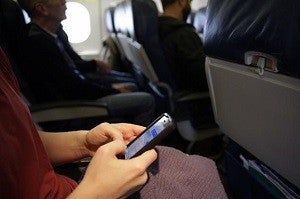
Most, if not all, devices can get full data functions using Wi-Fi, making voice applications and networks truly a secondary in-flight consideration
With rationalizations like this, the airlines will make the better choice
That technology does indeed exist Mr. Sherman, it is called Wi-Fi. Nearly every modern phone has connectivity to use it, as does every tablet and every recent laptop computer. Hooked to Wi-Fi, a smartphone has the ability to do everything it can do when hooked to a cellular network (including voice calls in some instances), except maybe texting. Voice calls over Wi-Fi can easily be disabled because services like Gogo do not allow the connection on its network that would enable services like Skype to make such calls.
Finally, Mr. Sherman notes that this review of policy is simply the beginning, not the end. I am not saying that allowing voice calls is not the end either, indeed, it will be just the beginning, the beginning of a lot of things, customer complaints, upset users that cannot get a connection, add whatever you want to the list. Given the rationalizations offered by the FCC, we are indeed probably much better off having the airlines make these decisions, and even if the decision is to allow voice calls, the cost is still going to be prohibitive in the near term, and that is perfectly okay with me.
Follow us on Google News


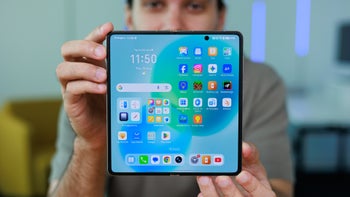


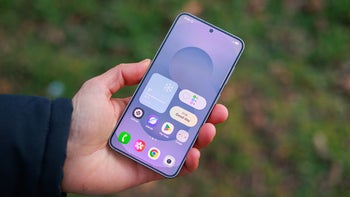


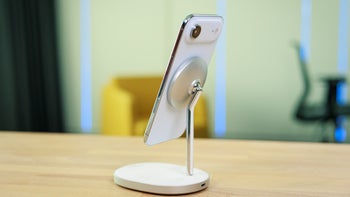



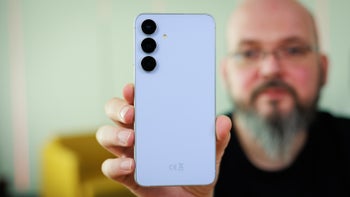
Things that are NOT allowed:
To help keep our community safe and free from spam, we apply temporary limits to newly created accounts: